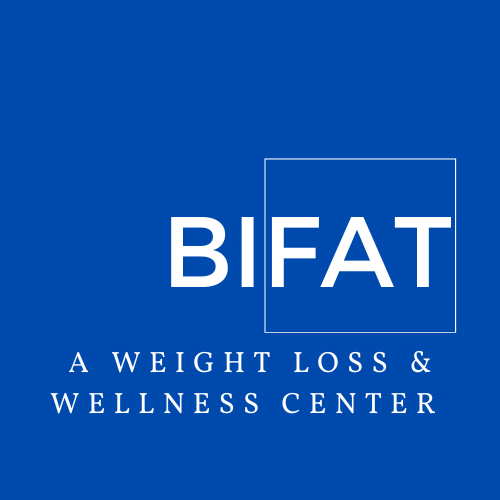Perhaps you’ve come across the term “FDA-approved” while watching a television commercial or reading clinical study results. But what exactly does FDA-approved mean? And how can you be sure that a medication or peptide therapy is safe?
Understanding the FDA approval process and what that means for consumers is important. Here, we’ll discuss everything you need to know about the FDA and its approval process.
What is the FDA?
The United States Food and Drug Administration is responsible for ensuring the public’s safety regarding medication (including veterinary medication), medical equipment, food (including animal food), cosmetics, and tobacco products. It’s also responsible for providing accurate, science-backed health information.
How does it work?
Before a new medication can be marketed, it must receive FDA approval. And to get FDA approval, a business must show that its medicine is safe and works. When the FDA grants approval to a product, it signifies that the agency has determined that the product’s benefits outweigh its risks.
What isn’t FDA-approved?
The FDA doesn’t approve physician offices, clinics, hospitals, pharmacies, and labs. However, it’s important to remember that the FDA has the authority to conduct inspections of regulated facilities to determine whether or not they comply with current good manufacturing practices (GMP).
Contrary to popular belief, the FDA doesn’t approve vitamins, herbal remedies, and supplements. This is because these products aren’t intended to cure, treat, or relieve symptoms like active pharmaceutical ingredients. But, manufacturers that make these products must ensure their products are safe. They must also follow specific labeling and quality standards, like GMP.

What are good manufacturing practices (GMP)?
GMP are guidelines and standards established by regulatory agencies, including the FDA in the United States and similar agencies in other countries. These practices ensure that medications, food, and cosmetic products are consistently produced and controlled to meet the quality standards appropriate for their intended use.
GMP guidelines cover many aspects of production, including quality management, training employees, facilities and equipment, and documentation and record keeping. They also cover manufacturing procedures, testing of raw materials, samples, finished products, and the storage and distribution of products. This helps to ensure products are safe, pure, and effective. It also helps to guarantee that products are consistent.
Compounded medications (medications that pharmacists or healthcare providers specially prepare) are kept from this approval process, as they are regulated through several separate processes. But keep in mind that the FDA inspects compounding facilities.
Popular compounded medications include hormone replacement therapy (HRT), topical acne medications, wound care, and pain management compounds. Other compounded medications include pediatric liquid medications, eye drops, asthma and allergy inhalation solutions, and peptide therapies.
The BIFAT Center Promise
Our weight loss center only uses peptides from a GMP-certified, FDA-registered, active pharmaceutical ingredient (API) manufacturer. This means we have quality and safe products free of unhealthy ingredients or dangerous contaminants. Our in-house clinical pharmacist has more than 14 years of clinical experience and is certified in peptide therapy.


Leave a Reply